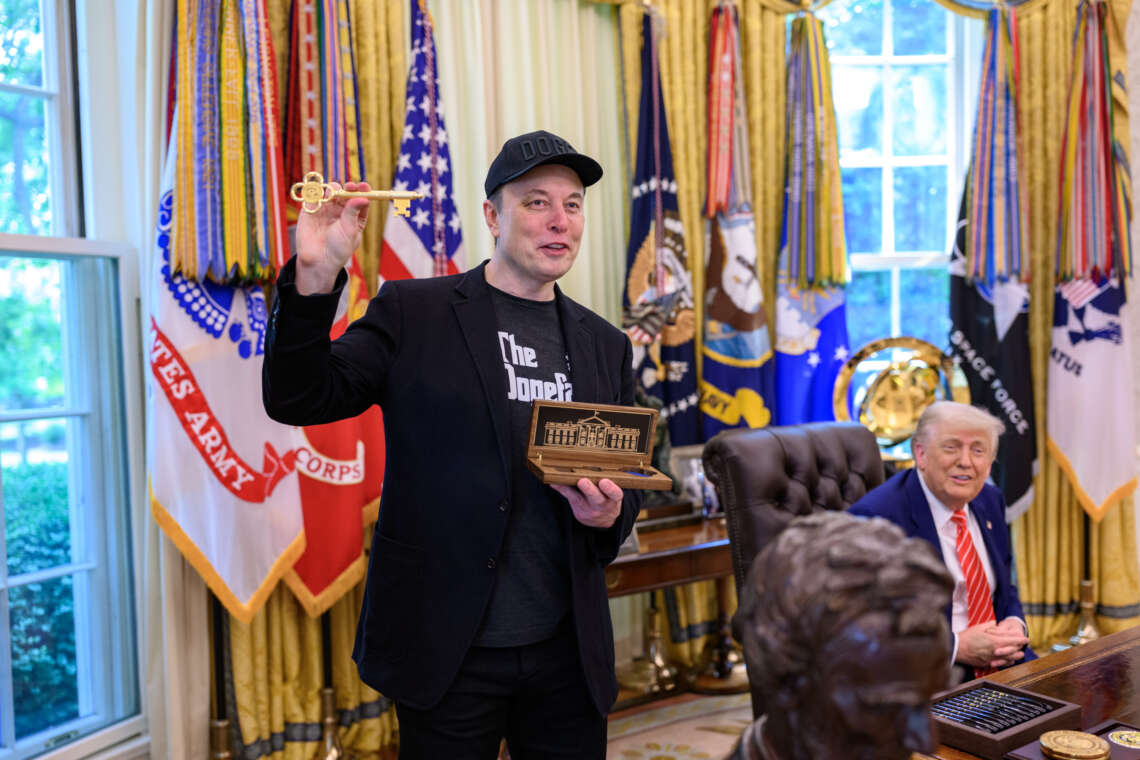The budget earmarks over $7 billion for lunar exploration, including the continuation of the Artemis programme, while setting aside a new $1 billion investment specifically for commercial Mars initiatives.
In a bold new move aimed at cementing American dominance in space exploration, President Donald Trump has proposed $1 billion in fresh funding for private-sector Mars missions. The announcement, part of the White House’s fiscal year 2026 budget proposal released late Friday, marks a significant shift in priorities for NASA, balancing deep-space ambitions with stark budget cuts and leadership changes.
The budget earmarks over $7 billion for lunar exploration, including the continuation of the Artemis programme, while setting aside a new $1 billion investment specifically for commercial Mars initiatives. The centrepiece of this new effort is the Commercial Mars Payload Services (CMPS) programme, modelled on NASA’s existing Commercial Lunar Payload Services (CLPS). Under CMPS, private firms would compete for contracts to deliver cargo and technology — including landing systems, communications gear, and even spacesuits — to support eventual human exploration of Mars.
“The Budget ensures that America’s human space exploration efforts remain unparalleled, innovative, and efficient,” the White House document stated, highlighting the strategic focus on beating China in the next phase of space supremacy.
However, this expansive vision comes at a cost to NASA’s traditional programmes. The budget proposes cutting NASA’s overall funding from $24.8 billion to $18.8 billion — a staggering 24 per cent reduction. Space science and Earth observation face some of the most severe cuts, with planned reductions of $2.3 billion and $1.2 billion respectively. Additionally, nearly $900 million would be slashed from legacy human spaceflight systems, including the Space Launch System (SLS) and Orion capsule.
Critically, the proposal calls for the termination of the Mars Sample Return (MSR) mission, citing massive budget overruns and delays. The mission, originally intended to return Martian soil samples by the 2030s, has been branded as “unaffordable” by the administration.
“In line with the Administration’s objectives of returning to the Moon before China and putting a man on Mars, the Budget would reduce lower-priority research and terminate unaffordable missions such as the Mars Sample Return,” the document noted.
Instead, the focus shifts toward human exploration, with the Trump administration indicating that the goals of the MSR could be achieved more efficiently by future crewed missions to Mars. The budget also proposes phasing out the expensive SLS and Orion systems after three additional launches, redirecting funds toward newer, commercially-driven platforms.
As part of the reshuffle, the White House confirmed it had withdrawn the nomination of Jared Isaacman — billionaire entrepreneur and private astronaut — as NASA Administrator. Isaacman, who has previously commanded two private SpaceX missions and was nominated by Trump last December, was expected to be confirmed by the Senate within days.
“After a thorough review of prior associations, I am hereby withdrawing the nomination of Jared Isaacman to head NASA,” President Trump posted on his Truth Social platform on Saturday. “I will soon announce a new nominee who will be mission-aligned and put America first in space.”
Sources within the administration and media reports suggest that Isaacman’s past political donations to Democratic candidates may have influenced the decision. According to The New York Times, Trump expressed concerns about Isaacman’s political loyalty, especially as he builds a coalition of space policy leaders who are ideologically aligned with his “America First” space doctrine.
Isaacman responded graciously, posting on X (formerly Twitter): “I am incredibly grateful to President Trump and everyone who supported me. This journey gave me a deep appreciation for the complexities of government and the dedication of those who serve.”
Tech billionaire Elon Musk, who recently concluded his advisory role as head of the Department of Government Efficiency (DOGE), also praised Isaacman’s contributions, calling him “competent and good-hearted” in a post on X.
The White House budget, while expansive in its ambitions, signals a shift toward privatising key areas of NASA’s space operations. The proposed changes would reduce NASA’s workforce by nearly one-third and cancel a number of ongoing missions. Programmes such as the Juno orbiter at Jupiter, the New Horizons Pluto probe, and various Earth science satellites could be scrapped under the new fiscal plan.
NASA’s traditional role — once the bedrock of US space dominance — is being reshaped to act more as an anchor client for commercial ventures rather than a direct operator of large-scale space missions. The Trump administration is betting heavily that private industry can move faster, cheaper, and with greater innovation than the federal government.
While these proposals are likely to face intense scrutiny and possible opposition in Congress, they mark a defining moment in the future of American space policy. The central question now is whether the new strategy of commercial-led exploration will deliver on the promise of putting the first American on Mars — and doing so before any rival nation.













